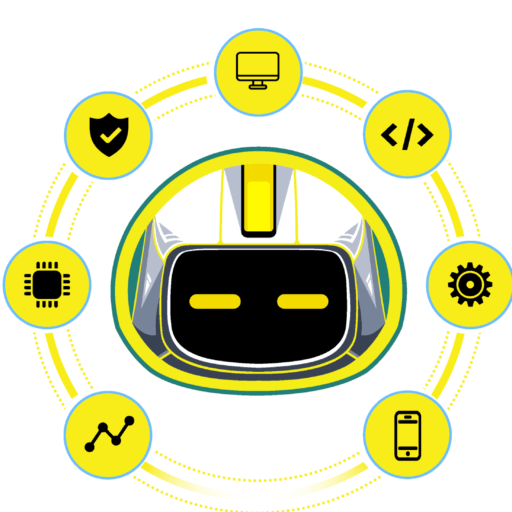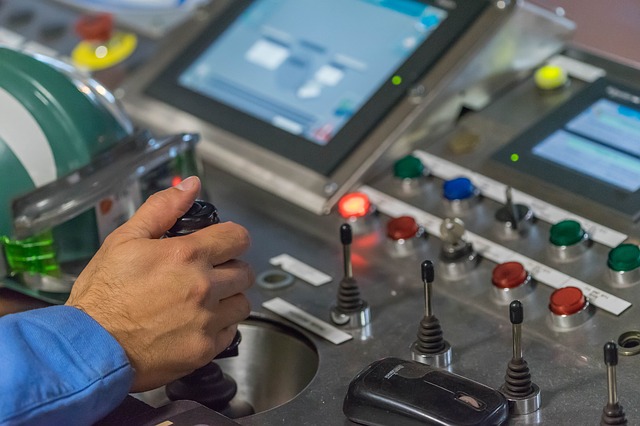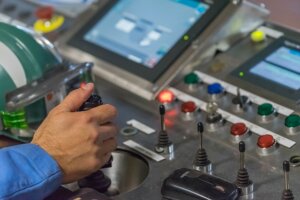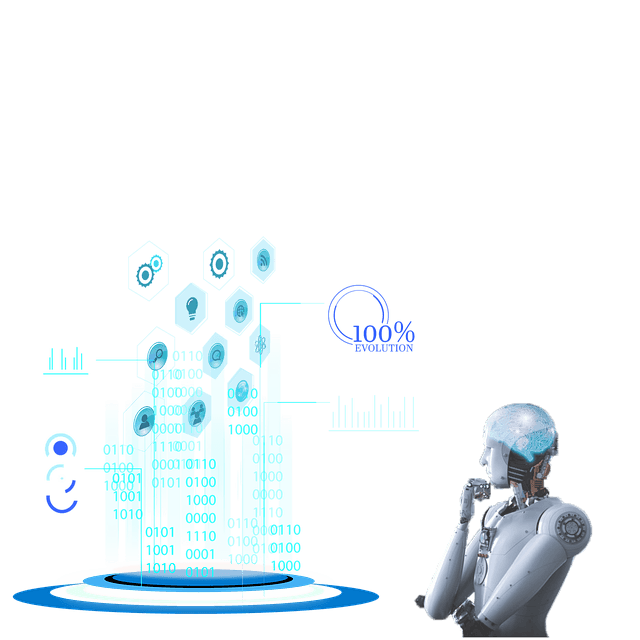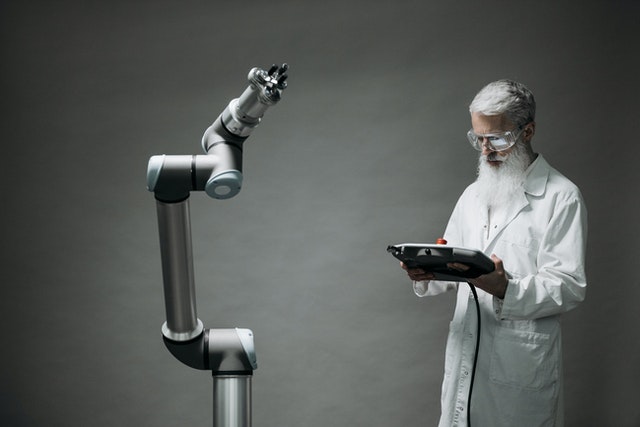Automation In The Early 1900s
The robot revolution is underway. As automation continues to help businesses operate more efficiently and become increasingly affordable, many of us are wondering how it will affect our jobs in the future. Will we eventually be replaced by machines? Is this a good thing or a bad thing for humanity as a whole? One way that robots may change your life (for better or worse) is through robotics process automation software like RPA, which can be used to automate tasks such as data entry and form processing on an enterprise scale. This means you could spend less time doing routine work so you have more time to do meaningful things at work. But before automating any transactional processes with robotic process automation software.
Automation In The 1960s And 1970s
The automation of the 1960s and 1970s may be coming back in a big way. In many places, robotics is taking over jobs that have traditionally been done by humans. This might seem like something to fear from an economic standpoint, but it could also provide new opportunities for those who are willing to take on these advancements with open minds and eager hearts. If you want help navigating this brave new world or would like some tips about how your business can stay ahead of the curve as robots become more prevalent throughout society, we’d love to chat! Just give us at email info@monsterfortech.com today!
Automation Today
What does the future of automation look like? How will robots change our lives in 5-10 years from now? Will there be a robot for every task, or just one to do all the work while we sit back and enjoy life as it is handed off to them by their robotic counterparts. In this article, you’ll learn what experts think about how robotics are going to impact society in the next decade. Read on if you want more information!
Future Of Automation
Robots are soon going to be able to do more than just take your jobs. They can also help you live a healthier, safer life! Robotics is the future of automation and will change the way we work and interact with each other in society. It’s important that we start thinking about how this technology could impact our lives today so that it doesn’t come as such an abrupt shock when they finally hit us tomorrow. We hope these thoughts have given you something to think on before robots become part of everyday life maybe even sooner than expected. What are some ways robotics could change your job? Do you feel like there should be any laws or regulations put into place for their use yet? These questions need answers if we want humans not
Robots Will Take Our Jobs! What Do We Do Now??
According to a study published by the World Economic Forum, we are on track for one-third of human jobs to be automated in just two decades. This is great news if you’re an employer and want more output with less overhead costs! But what about all the people who will lose their livelihoods? There is hope yet robotics could create new opportunities that humans can take advantage of. What do you think would happen if robots took over your job? Where might your skills or talents lie when it comes to robotics technologies? The future may hold some clues, so stay tuned as our blog explores how this emerging field will impact society. If you have any questions about where these trends are heading, feel free to contact.
The Industrial Revolution
In the Industrial Revolution, new technologies like steam engines and assembly lines changed many aspects of society. One such change was how people worked. Humans were replaced by machines in factories, which led to a shift from physical labor jobs to mental work. This has given rise to robotics as an important field for AI advancement today. With advances in machine learning coming faster than ever before, it’s not surprising that we are seeing more automation at every level of our lives including marketing!

